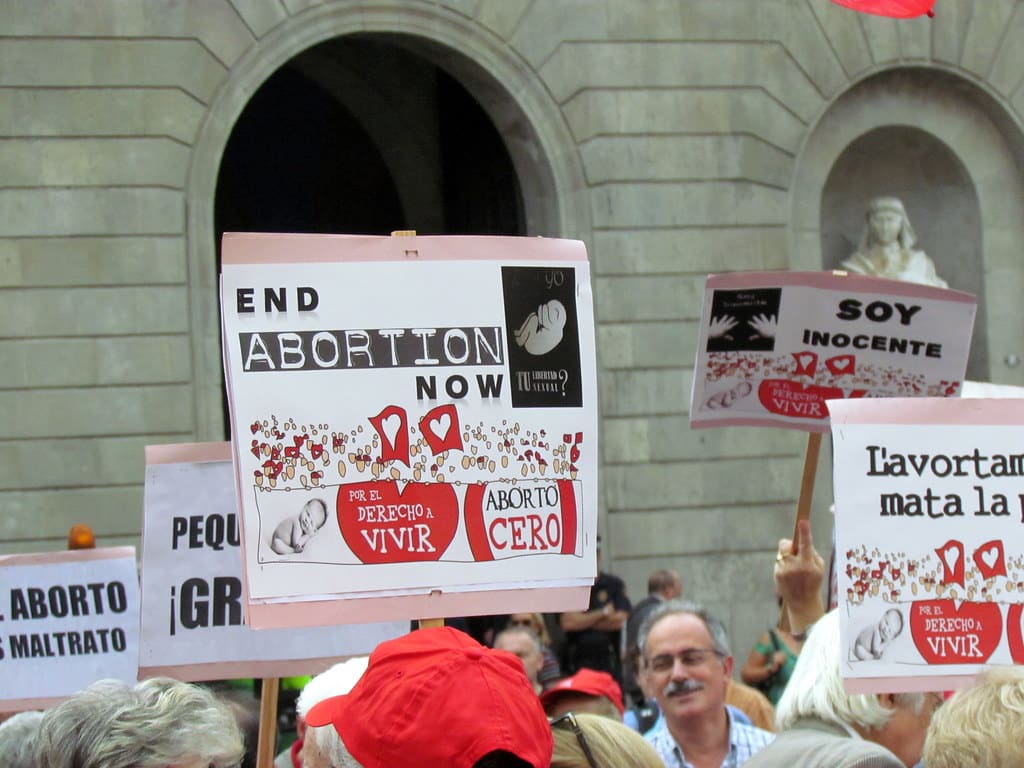A Cleveland Clinic survey finds that while most Americans (88 percent) understand that there is a connection between a healthy heart and a healthy weight, most aren’t doing enough — or anything — to combat their own weight issues. The survey found 74 percent are concerned about their weight and 65 percent are worried about getting heart disease due to extra pounds, yet less than half (43 percent) of Americans have tried to make dietary changes to lose weight and 40 percent of those who describe themselves as overweight or obese say they aren’t careful about which foods they eat.
Part of the problem may be that Americans aren’t sure what to eat for heart health. Nearly one-in-five (18 percent) believe their diet has nothing to do with their heart health, and a mere 14 percent knew that a Mediterranean diet is healthiest for heart health. What’s more, nearly half of Americans (46 percent) believe using artificial sweeteners is a healthy way to lose weight despite studies showing they don’t promote weight loss.
The survey also revealed Americans don’t fully understand the impact excess weight has on their heart and overall health. The overwhelming majority of Americans (87 percent) fail to link obesity to cancer or atrial fibrillation (80 percent). More than half of Americans also don’t know that obesity is linked to high “bad” cholesterol levels (54 percent) or coronary artery disease (57 percent) and two-thirds (64 percent) don’t know it can lead to a stroke.
“Most Americans understand abstractly that being overweight or obese is not good for your health, but it seems we are not grasping that the leading causes of death and disability — stroke, cancer, coronary artery disease — are all adversely affected by increased weight,” said Steven Nissen, M.D., chairman of Cardiovascular Medicine at Cleveland Clinic. “We need to do a better job of educating patients and the public about the major consequences of carrying excess weight and the benefits of losing weight. A patient only needs to lose five percent of their body weight to start seeing important health benefits.”
Eighty-four percent of Americans say they have tried at least one weight-loss method in the past. About one-third (30 percent) say they typically stick with it between one week and one month. Americans cite dislike of exercise (24 percent) and lack of time (22 percent) as their main barriers to maintaining a healthy weight. Most Americans also believe their metabolism is detrimental to weight loss — 60 percent of women and 46 percent of men say their metabolism is working against them.
“Americans may be correct that their metabolism is thwarting their weight loss efforts,” said Dr. Nissen. “Once you’ve been overweight, your body tries to hold on to that excess fat, making it more difficult to lose weight. It’s best to work with your physician to develop a steady long term weight loss plan that will help you keep off the pounds. Quick weight loss programs are not effective.”
Heart disease is the No. 1 cause of death in the United States and around the world. The survey was conducted as part of Cleveland Clinic’s “Love your Heart” consumer education campaign in celebration of American Heart Month. Cleveland Clinic has been ranked the No. 1 hospital in the country for cardiology and cardiac surgery for 24 years in a row by US News & World Report.
Additional survey findings include:
- All fat is not created equal: When it comes to body shapes, almost half (45%) falsely believe that all types of fat put you at equal risk for heart disease; however, numerous studies have shown that fat stored in the abdomen is the most dangerous.
- Not feeling the pressure: Most Americans say they are concerned about a family member’s weight (62 percent), or them getting heart disease due to their weight (64%). However, for many, outside pressure to lose the weight doesn’t help. Fifty-seven percent say they don’t need others to tell them to lose weight because they already know they should. Baby Boomers (65 percent) are particularly resistant to others weighing in on their weight.
- Seeking medical advice: While 44 percent of Americans say they are most likely to turn to their physician for nutrition advice, only a quarter (28 percent) have told their doctor they’d like to lose weight. Even less (22 percent) say they’ve discussed heart health in relation to their weight with their doctor.
According to the CDC, nearly 40 percent of Americans, 93 million people, are obese, and even more are overweight.




